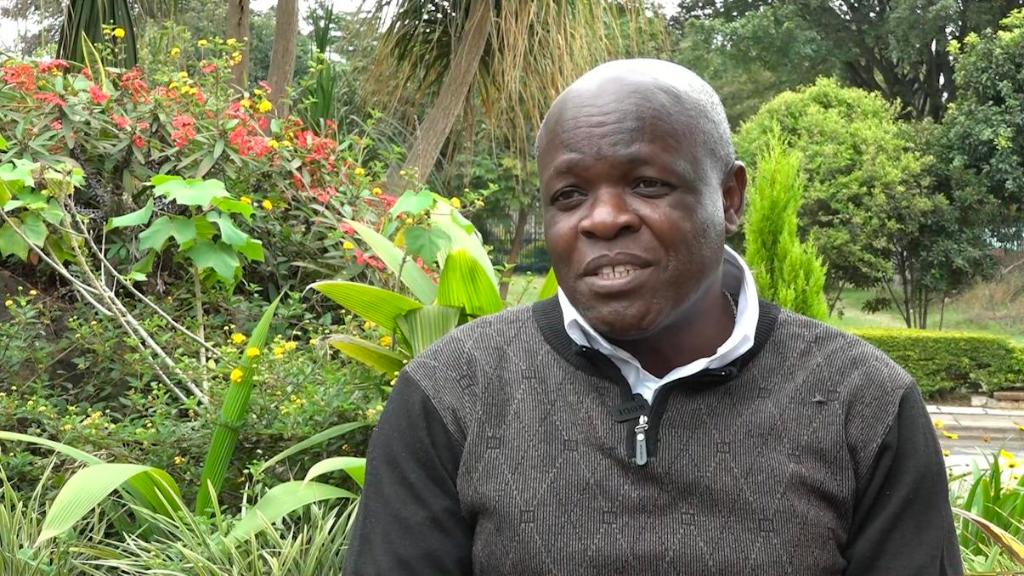BEIJING, Aug. 11 (Xinhua) -- The Communist Party of China (CPC) Central Committee and the State Council have unveiled a set of guidelines to ramp up green transition in all areas of economic and social development.
According to the recently issued guidelines, the main objectives are that by 2030, the country will achieve "remarkable results" in the green transition in all areas of economic and social development; and by 2035, a green, low-carbon, and circular development economic system will be basically established and the goal of Beautiful China will be basically achieved.
The guidelines have raised a raft of work tasks such as optimizing the development and protection of territorial space, promoting the green and low-carbon transition in industrial structure and the energy sector, as well as promoting green transition in the transport sector and urban-rural development.
The guidelines also put forward quantitative work goals for different fields. By 2030, the scale of the energy conservation and environmental protection industry in the country will reach about 15 trillion yuan (about 2.1 trillion U.S. dollars), the proportion of non-fossil energy will increase to about 25 percent of energy consumption, and the installed capacity of pumped storage hydropower will exceed 120 million kilowatts.
By 2030, the carbon emission intensity of commercial transport per unit of turnover will drop by about 9.5 percent compared with 2020, and the annual utilization of bulk solid waste will reach about 4.5 billion tonnes, with the output rate of main resources to increase by about 45 percent compared with 2020, according to the guidelines.
According to the National Development and Reform Commission (NDRC), the guidelines were issued at a time when China has made historical achievements in green and low-carbon development since the 18th CPC National Congress in 2012.
For instance, as of the end of June 2024, the installed capacity of renewable energy has reached 1.653 billion kW, accounting for 53.8 percent of the country's total installed capacity. In 2023, the nation's energy consumption and carbon emission intensity per unit of GDP dropped by more than 26 percent and 35 percent, respectively, compared with 2012, it said.
However, the NDRC said China still faces difficulties and challenges in green transition, with the energy structure remaining biased toward coal and the proportion of fossil energy and traditional industries remaining high in the country. "In addition, the global green transition is facing setbacks, environmental and climate issues are increasingly being politicized, and green trade barriers are escalating."
The guidelines will be of great significance to promote the green transition of the development model, comprehensively promote the construction of a beautiful China, and achieve high-quality development, according to the NDRC.
The guidelines also highlight green transition in the consumption model by encouraging people to pursue green and healthy life. They also aim to boost green consumption by expanding the scope and scale of government procurement of green products, promoting trade-in programs to boost consumer spending on green products, and carrying out marketing campaigns for new energy vehicles and green home appliances in rural regions.
According to the guidelines, the country will pursue fiscal and taxation policies that are conducive to promoting green and low-carbon development and the efficient use of resources.
In terms of financial instruments, China will extend the implementation period of carbon emission reduction support tools to the end of 2027 and actively develop financial instruments such as green equity financing, green financial leasing, and green trusts.
In terms of investment mechanisms, investment within the central budget will actively support key projects, and the government will encourage and regulate the participation of social capital in green and low-carbon projects, according to the guidelines. ■











